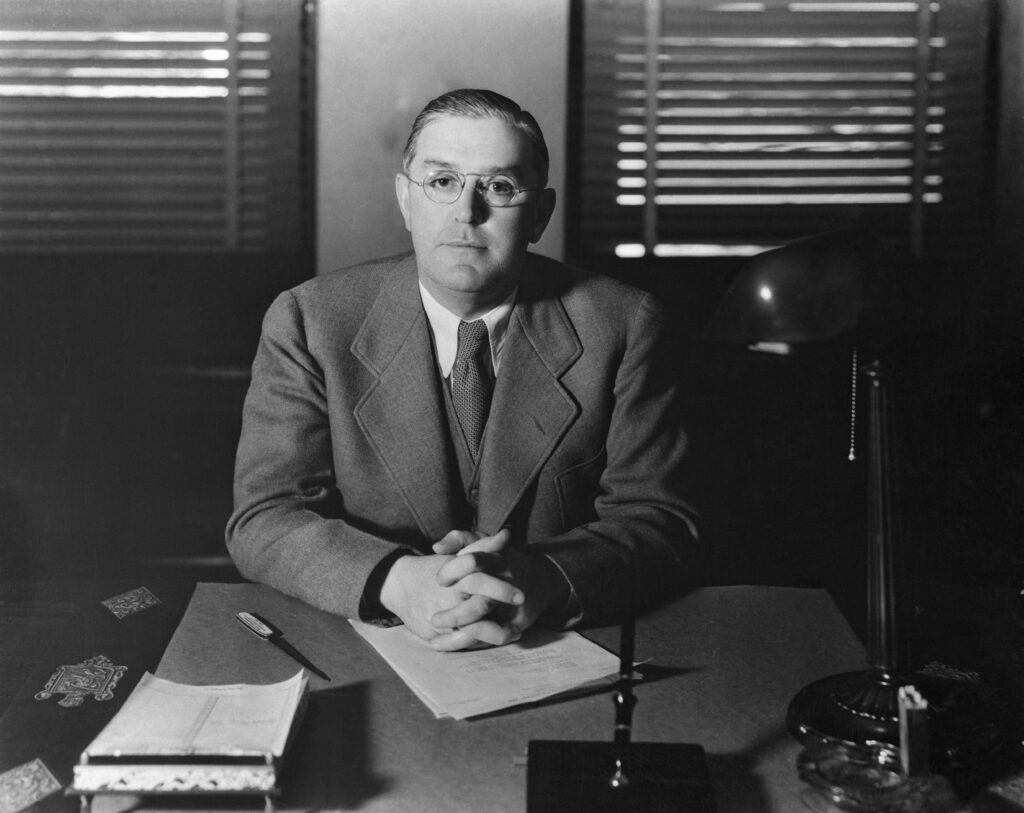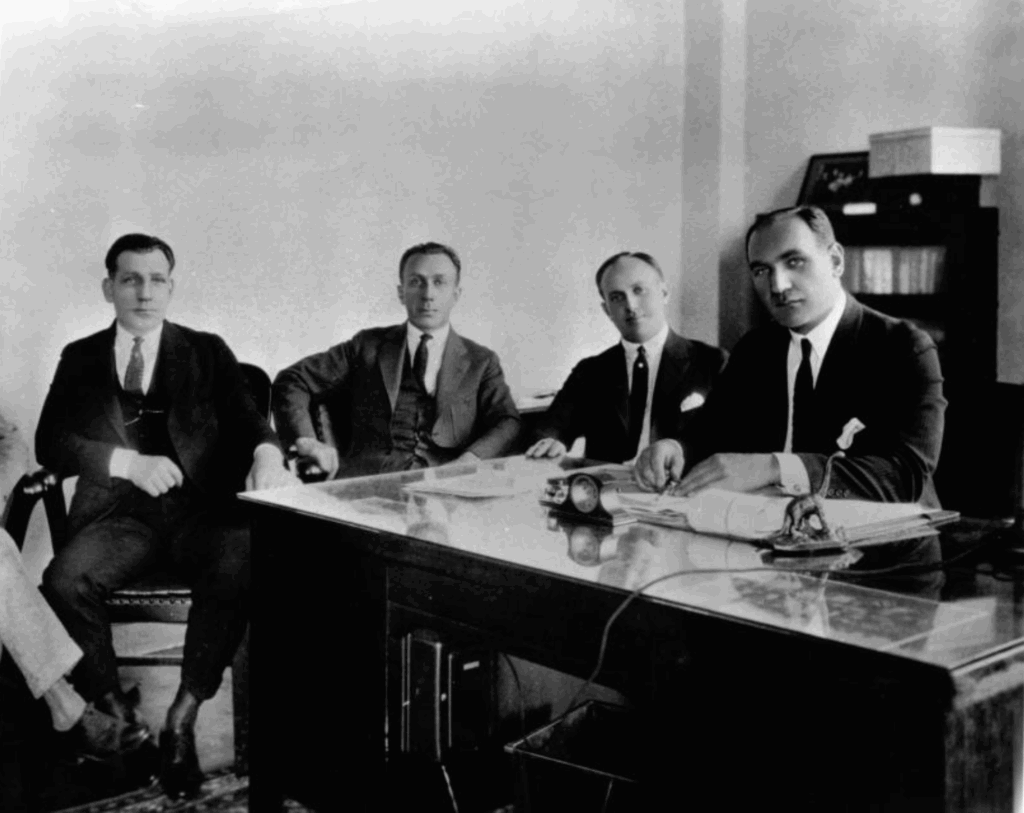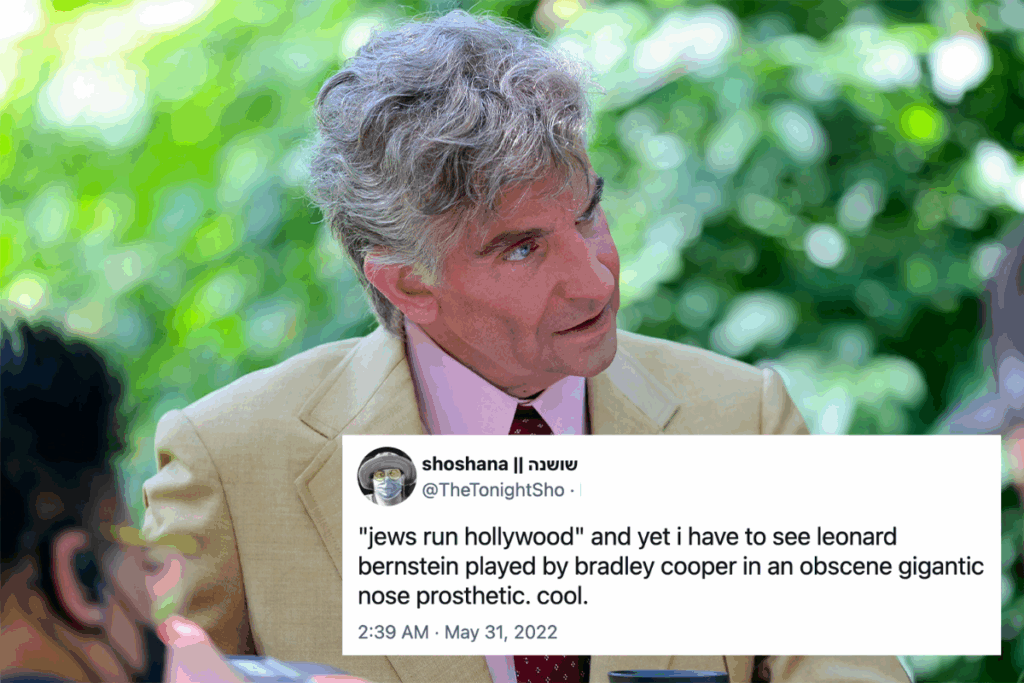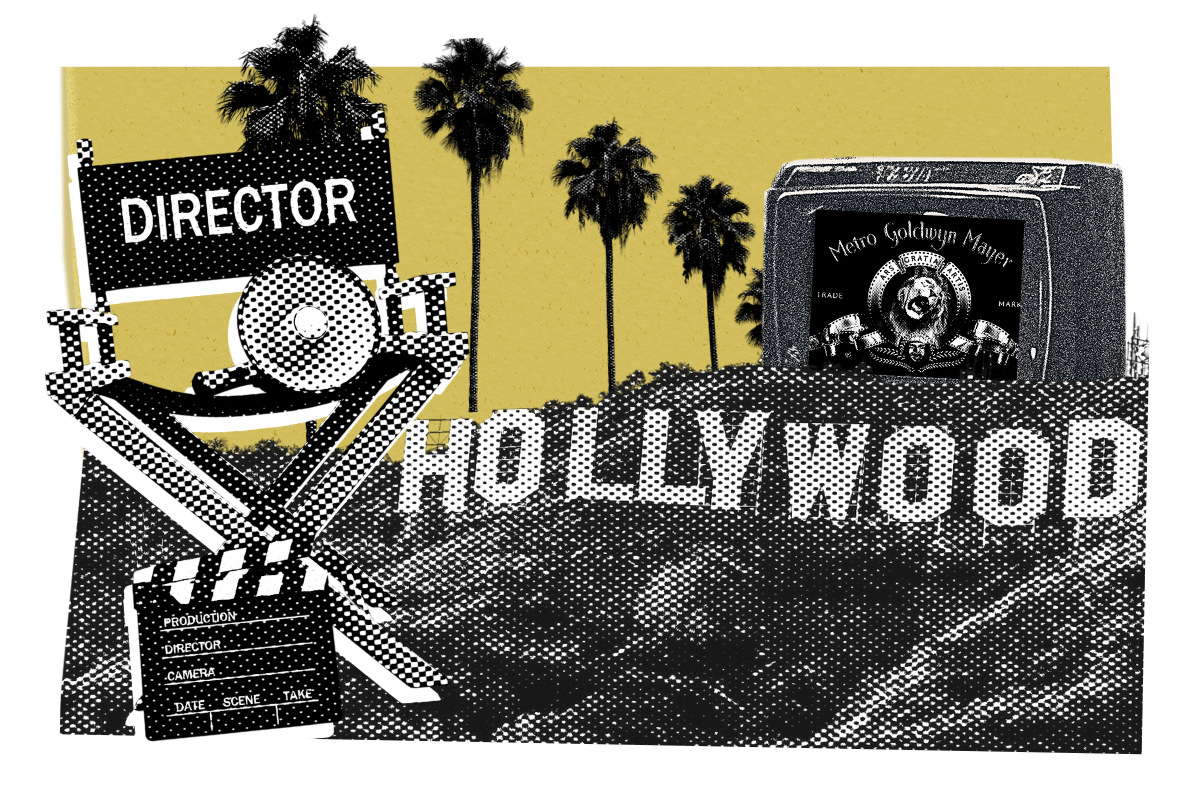Hollywood
What are the antisemitic tropes about Jews and Hollywood?
Back to: Hey Alma’s Guide to AntisemitismJews and Hollywood: They go together like peanut butter and jelly — wait, is that antisemitic to say?
Jews did indeed play a prominent role in the founding of Hollywood. It’s true that each of those people was a complicated individual — some were kind, some mercurial, some both. And it’s true that Jews still have a presence in the industry. But when that historical reality is portrayed as a Jewish cabal, or Jews exercising all control over Hollywood, that’s when it crosses into antisemitic conspiracy theory territory.
So can you talk about the storied role of Jews in Hollywood without being antisemitic? And what about how Jews are portrayed on screen today? Let’s break it down.
TL;DR: JEWS CONTROL HOLLYWOOD / JEWS IN HOLLYWOOD / HOLLYWOOD ELITES / JEWFACE
What do people mean when they say “Jews control Hollywood?”
“Jews control Hollywood” is a conspiracy and a tired trope implying some sort of Jewish cabal pulling the strings in Hollywood in order to influence and corrupt an unsuspecting American public. The leap from “participation” in the foundation of the industry to “control” of the industry reflects antisemitic thinking that imagines coordinated, nefarious intent.
When did this trope originate?
Let’s start with Joseph Breen.
Back in the 1930s, Joseph Breen, who ran the Motion Picture Production Code office which enforced industry guidelines, blamed “the Jews” for moral depravity in movies.
He ranted that “ninety-five percent of these folks [in Hollywood] are Jews of an Eastern European lineage. They are, probably, the scum of the scum of the earth.” He also applied pressure to get anti-Nazi films, movies depicting Jewish persecution and productions advocating for American intervention killed in the lead up to World War II.

For example, he effectively killed a picture called “The Mad Dog of Europe,” which looked at how one German-Jewish family was destroyed as Hitler rose to power. In a memo, he wrote that, “Because of the large number of Jews active in the motion picture industry in this country, the charge is certain to be made that the Jews, as a class, are behind an anti-Hitler picture and using the entertainment screen for their own personal propaganda purposes. The entire industry, because of this, is likely to be indicted for the action of a mere handful.”
Ironically, the man who asserted that Jews controlled Hollywood seemed to have no small amount of power over what got made.
How does the “Jews control Hollywood” trope continue today?
Sadly this trope has indeed stuck around in modern times. For example, in 2014, actor Gary Oldman told Playboy magazine that Hollywood is “a town that’s run by Jews” (he was defending Mel Gibson, who in 2006 went on his own antisemitic tirade after being arrested for drunk driving). In 2022, comedian Dave Chappelle, while hosting “Saturday Night Live,” said in his monologue, “I’ve been to Hollywood, this is just what I saw. It’s a lot of Jews. Like, a lot,” which some worried perpetuated the conspiracy.
Well, are there a lot of Jews in Hollywood?
Many of the first and most prominent Hollywood executives, producers, writers and directors were Jewish (like Marcus Loew, Samuel Goldwyn and Louis B. Mayer, who founded MGM studios, and the siblings behind Warner Bros.).
The Jewish journey to Hollywood is part of the Jewish story of immigration to and acculturation in America. It was in Hollywood that Jews dreamed up the America they wanted to live in (and that America came to see itself as). Hollywood, and how America in the 20th century viewed itself, was arguably shaped by Jews working out questions of assimilation and acculturation through the silver screen. This was also a time when Jews were notably excluded from other professions.

Are there still many Jews working in Hollywood today?
Yes, as everything from screenwriters to actors to executives to agents, particularly when we remember that the Jews make up only around 2% of the population of the United States. That doesn’t mean a Jewish mafia controls the movie industry. It does mean that Hollywood as we know it wouldn’t exist without a variety of Jews.
Is this connected to the term “Hollywood elites?” And is that antisemitic?
Well, it depends. “Hollywood elites” sometimes refers to legitimate criticism of wealthy celebrities being out of touch with regular Americans. But it’s also frequently used as coded language for Jewish control of media, especially when combined with conspiracy theories about coordinated manipulation or secret agendas.
How can you tell the difference? Antisemitic usage might include references to “control,” “puppet masters” or coordinated conspiracy. Someone complaining that “Hollywood elites are disconnected from working-class values” is different from someone suggesting “Hollywood elites are pushing a coordinated agenda to corrupt America.” The latter often serves as a dog whistle, maintaining plausible deniability while signaling antisemitic beliefs to those who understand the subtext.
Enough about Jews behind the scenes… what about Jewish representation on screen?
Well, we could talk about authentic Jewish casting and the “Jewface” debate.
Yes, what’s the deal with “Jewface?”
“Jewface” refers to the practice of non-Jewish actors portraying Jewish characters on screen, and is typically used in a derogatory manner, often by Jews themselves.
Debate has persisted, both within and outside of the Jewish community, around the extent to which it’s acceptable for a non-Jew to take on a Jewish role — and it’s often heightened during examples when prosthetic noses are involved in light of antisemitic stereotypes around Jewish looks. Consider, for example, the discourse that was sparked by non-Jewish actor Bradley Cooper’s Oscar-nominated performance as Jewish composer Leonard Bernstein in “Maestro.”

There’s a long history of non-Jewish actors playing Jewish parts, but the debate picked up several years ago. In 2019, 22 Jewish actors and playwrights signed an open letter expressing concern over a lack of “protests about Jewface.” In 2021, Jewish comic Sarah Silverman joined in, again using the term “Jewface” to describe non-Jewish actors playing Jewish parts. The next year, the theme was reiterated in David Baddiel’s book “Jews Don’t Count.”
The term “Jewface” is a reference to Vaudeville times, when Jews were portrayed as large-nosed, bearded and Yiddish-speaking, and were sometimes — though not always — portrayed by actors who were not Jewish.
Some have pushed back against the term itself because of how it evokes, and in some ways draws a parallel to, blackface. (Silverman herself appeared in blackface in an episode of her show in 2007.)
So, is it antisemitic for a non-Jewish actor to portray a Jewish character?
It depends on who you ask! It bothers some people more than others. It also might depend on the portrayal: Is it a stereotype or a lived in person? Does the prosthetic involved actually make the actor look more like the figure they are portraying?
Another thing to consider is that the decisions around Jewish representation are often, though not always, made by other Jews. For example, the producers who decided that “Seinfeld” would be “too Jewish” if one of the characters wasn’t made to be Italian were themselves Jewish. And so sometimes conversations around Jews and representation aren’t just questions about not being in the room, but differences of opinion by Jews about how Jews should be shown on camera — and what the rest of America can handle.
